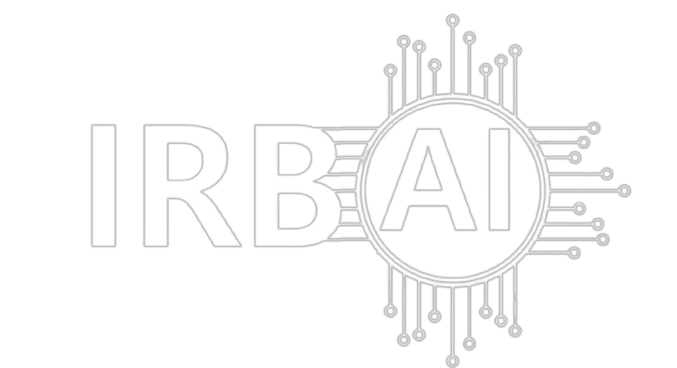AI Guidelines
Link: UNESCO AI Ethics Framework
Link: OECD AI Principles
Link: IEEE AI Ethics Guidelines
Link: Partnership on AI
Link: AI Now Institute
Governmental AI Initiatives
Link: EU AI Act
Link: Canada’s Digital Charter
Link: Australia’s AI Strategy
Link: China’s AI Development Plan
Link: US National AI Initiative
International Standards
ISO/IEC 27001 provides guidelines for managing information security and ensuring that AI systems comply with data security standards. This certification helps organizations demonstrate their commitment to secure AI practices.
Link: ISO/IEC 27001 Information Security
International Telecommunication Union (ITU) AI Standards
ITU develops global standards for AI in telecommunications, ensuring that AI deployment in this sector meets international safety and ethical standards.
Link: ITU AI Standards
International Bodies
Partnership on AI
This industry collaboration is focused on advancing the responsible use of AI and developing guidelines to ensure AI technologies benefit people while ensuring fairness, transparency, and accountability.
Link: Partnership on AI
World Trade Organization (WTO) on AI Trade Rules
The WTO provides guidelines on AI-related trade, addressing concerns about the impact of AI on global commerce and setting international trade regulations for AI technologies.
Link: WTO on AI
The GDPR is the most influential data protection regulation in the world. It includes rules around data privacy, consent, automated decision-making, and the use of personal data in AI systems.
Link: GDPR Overview
AI Industry-Additional Regulations and Laws
AI in Healthcare: HIPAA Compliance
AI systems that handle healthcare data must comply with HIPAA (Health Insurance Portability and Accountability Act), which governs patient privacy and confidentiality in the U.S.
Link: HIPAA Overview
AI in Finance: Basel III and MiFID II
AI used in financial sectors must comply with Basel III (risk management framework) and MiFID II (regulations on financial markets in the EU) to ensure transparency, market stability, and investor protection.
Link: Basel III Guidelines
Link: MiFID II Overview
AI in Autonomous Vehicles: NHTSA Guidelines
The National Highway Traffic Safety Administration (NHTSA) provides guidelines for the safe integration of autonomous vehicles into transportation systems.
Link: NHTSA Guidelines
AI in Military and Defense: International Humanitarian Law
AI used in military systems must comply with international humanitarian law and must be aligned with regulations on warfare, ethics, and human rights.
